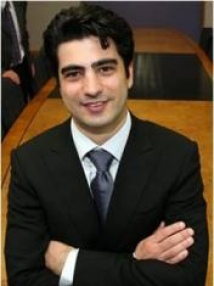BibTex format
@article{Le:2020:10.1016/j.apenergy.2020.115260,
author = {Le, Brun N and Simpson, M and Acha, S and Shah, N and Markides, CN},
doi = {10.1016/j.apenergy.2020.115260},
journal = {Applied Energy},
pages = {1--14},
title = {Techno-economic potential of low-temperature, jacket-water heat recovery from stationary internal combustion engines with organic Rankine cycles: A cross-sector food-retail study},
url = {http://dx.doi.org/10.1016/j.apenergy.2020.115260},
volume = {274},
year = {2020}
}

